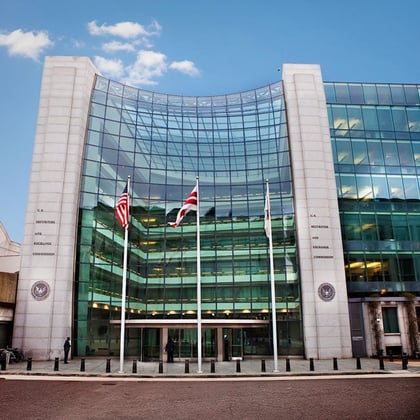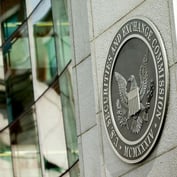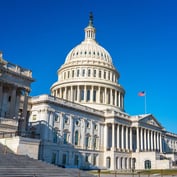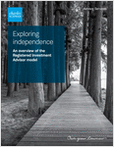What You Need to Know
- The Names Rule, requiring 80% of investments in a fund to fit with its name, will now cover growth, value and ESG funds.
- The number of funds subject to the rule increases to 10,300 from 8,100.
- The fund industry says the rule is too broad; a pro-regulation group praised the changes.
The Securities and Exchange Commission adopted sweeping changes Wednesday to its Names Rule to address certain broad categories of investment company names that are likely to mislead investors about investments and risks.
At the open meeting held at SEC headquarters in Washington, SEC Chairman Gary Gensler said he was pleased to support the rule’s adoption “because it will help ensure that a fund’s portfolio matches a fund’s name. Such truth in advertising promotes fund integrity on behalf of fund investors.”
Said Gensler: “The Names Rule reflects a basic idea: A fund’s investment portfolio should match a fund’s advertised investment focus. In essence, if a fund’s name suggests an investment focus, the fund in turn needs to invest shareholders’ dollars in a manner consistent with that investment focus. Otherwise, a fund’s portfolio might be inconsistent with what fund investors desired when selecting a fund based on its name.”
Eric Pan, president and CEO of the Investment Company Institute, the fund industry’s trade group, blasted the final rule.
“The rule sweeps more than three-quarters of all the funds in the U.S. into its dragnet, going far beyond ESG funds — the supposed root of the rulemaking — with no justification,” Pan said.
The agency, Pan continued, “has also failed to take a reasoned and calibrated approach to improving fund disclosure, as they should have before making sweeping changes to rules surrounding fund names.”
Investment company names include those of mutual funds, ETFs and business development companies. The number of funds that are now subject to the rule increases to 10,300 from 8,100.
Fund groups with net assets of $1 billion or more have 24 months to comply with the amendments, and fund groups with net assets of less than $1 billion have 30 months to comply.












 Copyright © 2024 ALM Global, LLC. All Rights Reserved.
Copyright © 2024 ALM Global, LLC. All Rights Reserved.